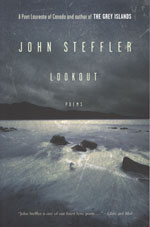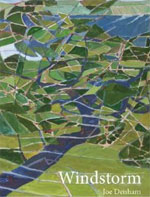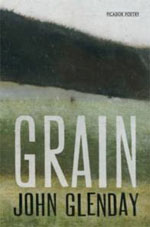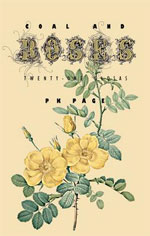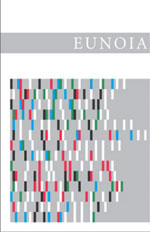
Carolyn Smart’s Hooked uses a wickedly irresistible premise: a twisted chorus of famous/infamous female figures from history and letters expounding vividly on obsession. Smart has fascinatingly curated the stories of women who made misguided and horrific choices for their objects of desire, and determinedly saw that desire through to often tragic conclusions: Myra Hindley, serial killer partner to Ian Brady (for Canadians, the pairing is clearly Homolka-Bernardo); Unity Mitford, aristocratically born contrarian who became a confidante of Hitler; Zelda Fitzgerald, gifted, increasingly fragile spouse of F. Scott Fitzgerald; Dora Carrington, a painter associated with the Bloomsbury Group who carried a lifelong, unreciprocated passion for writer Lytton Strachey; Carson McCullers, a renowned writer who struggled with relationships, ill health and alcoholism; Jane Bowles, a talented, underrated writer who lived an unconventional and peripatetic life with husband Paul Bowles; and Elizabeth Smart, a poet whose work was overshadowed in her lifetime by the scandal of her enduring passion for poet George Barker, with whom she had and then singlehandedly raised four children.
As perversely and diversely interesting as the subject matter and cast of characters are, the voices from segment to segment in Hooked are somewhat disappointingly similar. Rhythm, cadence and pace are not so vividly distinguished as one might expect given the women’s different nationalities, social upbringings, mental states and time periods in which they lived, not to mention the varieties of types of charisma and inaccessible attractions with which each was enraptured. In some cases, there is too much admittedly clever direct quoting of sources (clear as such because it is italicized), but not enough true transmutation and alchemy to turn those sources into fresh perspectives and something of Smart’s own. Hooked has inspired me to revisit or expand my reading on all of these figures, both in biographical and fictional realms. Less so, Hooked has impressed me with Smart’s inventiveness as a poet, but her resourcefulness with respect to exploring subject matter will still likely compel me to seek out more of her work. Thank you to Brick Books for providing a review copy of Hooked, by Carolyn Smart.

